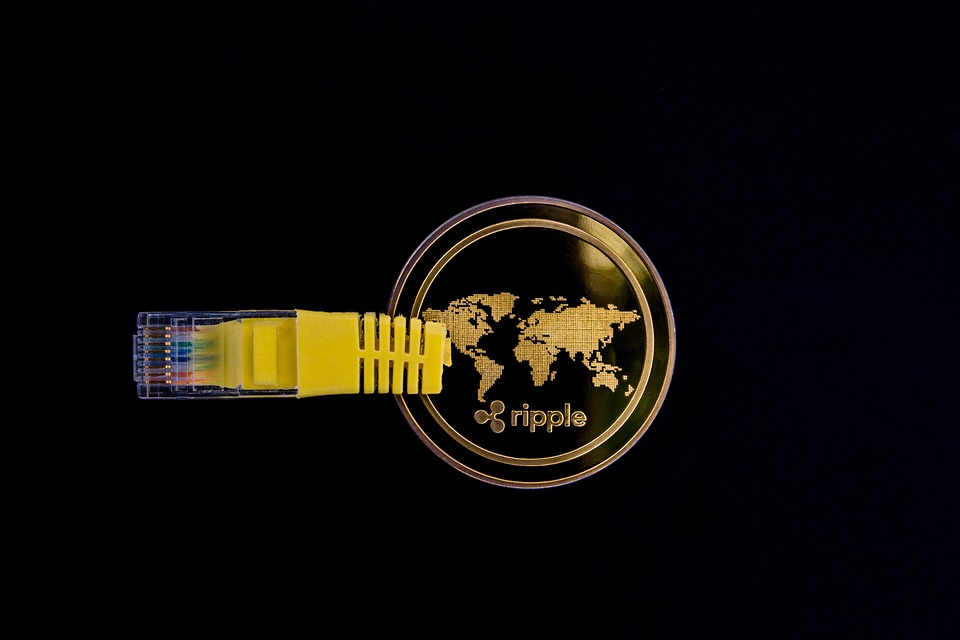In an increasingly digital world, the need for secure, efficient, and transparent transactions is more important than ever. Businesses and individuals alike seek methods to protect their interests while minimizing the risks associated with traditional transactional frameworks. Smart contracts, a groundbreaking application of blockchain technology, have emerged as a solution that not only enhances transparency but also builds trust in transactions.
What Are Smart Contracts?
Smart contracts are self-executing contracts with the terms of the agreement directly written into code. They reside on blockchain networks, which ensures that they are immutable and tamper-proof. These digital contracts automatically execute actions once predefined conditions are met, eliminating the need for intermediaries. By automating processes, smart contracts reduce human error, minimize costs, and accelerate the speed of transactions.
Enhancing Transparency
One of the most significant benefits of smart contracts is their ability to enhance transparency. All transactions conducted through a blockchain are publicly accessible and verifiable by anyone with access to the network. This characteristic offers several advantages:
1. Public Ledger
Every smart contract transaction is recorded on a distributed ledger. This means that all parties involved can view and verify the details of the contract and its execution in real-time. This transparency reduces the likelihood of disputes and increases accountability, as all actions can be traced back to their source.
2. Immutable Agreements
Once smart contracts are deployed on a blockchain, they cannot be altered or deleted. This immutability protects all parties from potential fraud and ensures that the terms of the contract remain intact throughout the transaction’s lifecycle. In the event of a dispute, the original agreement serves as evidence that can be independently verified.
3. Reduced Information Asymmetry
Traditional contracts often involve a significant information gap between parties. With smart contracts, all parties have equal access to the same information, which helps level the playing field. This transparency builds trust and fosters collaborative relationships, as participants no longer fear that the other party might be withholding critical information.
Building Trust
Trust is a fundamental component of successful transactions, especially in business relationships. Smart contracts help build trust in several key ways:
1. Automatic Enforcement
Smart contracts execute automatically when the stipulated conditions are met. This automation means that parties do not have to rely on one another to fulfill their obligations; the contract enforces compliance. This reliable execution reduces trust issues and potential friction between parties, as everyone knows that the contract will be enforced without the need for intervention.
2. Reduced Fraud Risk
Smart contracts minimize the risk of fraud by utilizing blockchain’s security features. The decentralized nature of blockchain makes it difficult for any single entity to manipulate transaction records. As a result, all parties can trust that the information is accurate and that the terms of the contract will be upheld.
3. Greater Accountability
By using smart contracts, parties are held accountable for their actions in ways that traditional contracts cannot enforce. Non-compliance or failure to meet obligations can be readily identified on the public ledger, creating strong incentives for all parties to adhere to their agreements.
Real-World Applications
The benefits of smart contracts are already being realized across various industries. In supply chain management, smart contracts streamline the tracking of goods, automatically triggering payments when products are delivered and conditions are met. In the real estate market, smart contracts facilitate property transactions by providing transparent records of ownership and ensuring that payments are released only when specific conditions are satisfied. Moreover, in the financial sector, smart contracts enable secure and efficient transactions in areas such as lending, insurance, and trading.
Conclusion
Smart contracts represent a significant advancement in the quest for transparency and trust in transactions. By leveraging blockchain technology to create secure, transparent, and self-executing agreements, smart contracts address many of the weaknesses inherent in traditional contractual relationships. As industries increasingly recognize the value of these digital tools, the potential for enhanced trust and reduced friction in transactions will continue to grow, shaping a future where parties can engage more confidently in their dealings. The evolution of smart contracts not only signifies a technological shift but also marks a new paradigm for how transactions are conducted—one that is efficient, transparent, and trustworthy.




